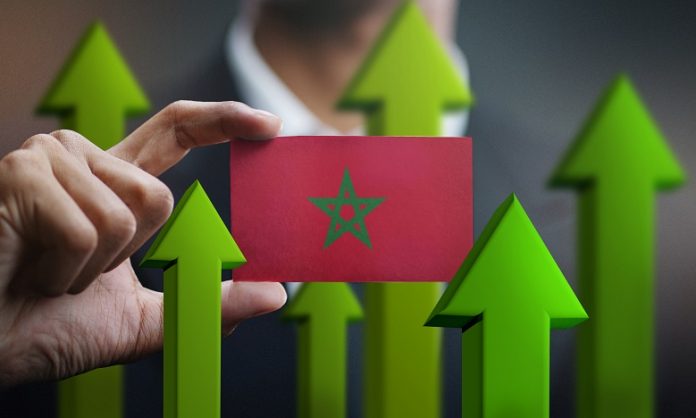Morocco has just gained a powerful new tool for understanding how uncertainty shapes its economy. Developed by researcher Oussama Houari and published in October 2025 by Bank Al-Maghrib, this new index provides the country with its first ever localized measure of economic policy uncertainty. Until now, there had been no domestic benchmark for assessing the impact of uncertainty tied to fiscal, monetary, or budgetary decisions.
Drawing from a massive archive of over 350,000 articles published in seven leading Moroccan newspapers—both Arabic and French—the index uses an automated text analysis method inspired by a model created by Baker, Bloom, and Davis in 2016. The system scans for instances where terms related to the economy, politics, and uncertainty appear together, flagging periods when public perception of policy instability spikes.
This Economic Policy Uncertainty (EPU) index proves to be sharply countercyclical. It tends to surge during moments of economic turmoil, political gridlock, or extreme weather events, such as the recent droughts. But more than just reflecting turbulent times, the index has tangible implications: higher uncertainty correlates with weaker investment, reduced consumer spending, lower GDP growth, and rising unemployment.
The study identifies three primary transmission channels through which uncertainty disrupts the economy. First, businesses delay investments, adopting a “wait-and-see” stance. Second, households respond by increasing precautionary savings, holding off on spending in favor of financial security. Third, borrowing becomes more expensive and less accessible. But Morocco displays a distinctive pattern: in times of uncertainty, people increasingly prefer to hold onto physical cash—particularly in large denominations—rather than deposit money in banks. This spike in demand for cash signals a deeper lack of trust in future economic stability.
Another striking consequence is a drop in household confidence. The national confidence index, compiled by Morocco’s High Commission for Planning, tends to fall whenever the EPU rises, highlighting a growing pessimism about the country’s economic outlook.
Crucially, the study finds that this new Moroccan index outperforms global measures like the World Uncertainty Index when it comes to explaining fluctuations in local economic activity. Its strength lies in its ability to capture uniquely Moroccan reactions to both domestic and international events.
By creating this index, Houari has filled a significant gap in the country’s macroeconomic toolkit. It gives policymakers, researchers, and investors a clearer view of how uncertainty spreads through the system—making it easier to anticipate shocks and respond strategically. In a world increasingly shaped by volatility, such an instrument is not just useful—it’s essential.





